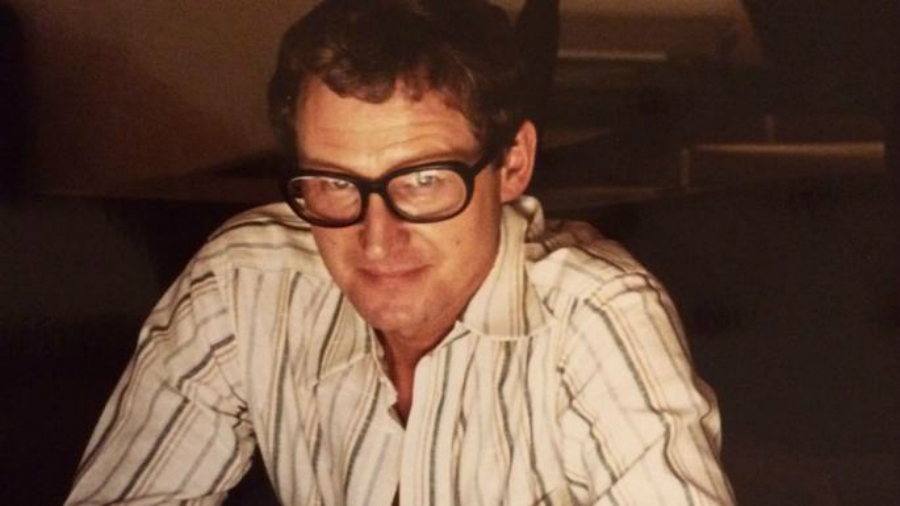Herbert Chappell obituary - All-round musician who orchestrated the Three Tenors, made television with André Previn and composer of beloved works such as Paddington Bear’s First Concert and The Daniel Jazz.
Born in 1934, Herbert Chappell first began to compose when still a cathedral chorister in his native city of Bristol. At Oxford University he attended no lectures after his first week and spent much of his time composing musicals and incidental music for amateur theatrical productions. He gained a First, however, and went on to do a B.Mus and D.Phil on orchestration. This latter task he abandoned when, in 1959 - seven years after he had arrived at Oxford - he found out that National Service had actually stopped, so there was no longer any need to avoid conscription.
Leaving academia behind him, Chappell joined the ranks of London's freelance composers; that was the moment, he says, when he suddenly found himself writing for studio musicians, and his real education began. He scored and conducted everything from advertising jingles to feature films such as Licensed to Kill. He was to compose more than 250 scores for TV plays and for series such as The Pallisers, as well as the ever popular Paddington Bear (originally the theme music for the 1976 Paddington TV series; the theme is actually a piece called Size Ten Shuffle), released on Sony, narrated by Stephen Fry, the premiere of which he conducted at the Barbican with an audience full of children and their bears.
For children, he had great success with The Daniel Jazz. According to Andrew Lloyd Webber's biography, The Daniel Jazz prompted Joseph & the Amazing Technicolor Dreamcoat. Chappell's compositions are 'laced with tunes that stick in the mind' - as the Gramophone described his Guitar Concerto - a work it also deemed 'arguably the most dynamic, colourful and explosive guitar concerto of the last half-century'.
Although Chappell studied - fleetingly - with Egon Wellesz, one of the Second Viennese School, he had little time for atonality, nor minimalism for that matter. On the contrary, he was convinced that 'the composer's job', as Benjamin Britten said, 'is to be useful - and to the living.' He felt that many of the 'isms' of the past century have neglected the existence of amateurs, and of children in particular. The result, he said, is a ghetto. With this in mind, he wrote Dead in Tune, a musical 'whodunnit' for narrator and the Leicestershire Schools Orchestra, to introduce young children to the different orchestral instruments. For the same orchestra he composed a whizz-bang overture, released on ASV under the title Boy Wizard, an impression of Harry Potter.
In the 70s he wrote and directed many award-winning music documentary films for television. These have presented leading classical musicians of our day - such as Leonard Bernstein, Andre Previn, Georg Solti, James Galway, Julian Bream and Kiri te Kanawa - as well as highly-acclaimed ballets and operas from all over the globe. He and André Previn made a series of Omnibus programmes for BBC One with titles such as Mozart Had a Car Crash at 171 Seconds and Who Needs a Conductor? (which was nominated for a Bafta).
His prize-winning film of African Sanctus introduced choirs and audiences in many countries to the music of David Fanshawe, and his glorious production of the original Three Tenors concert from Rome, during the 1990 World Cup, which was televised live to 56 countries and to an estimated 800 million viewers, and has been largely responsible for attracting an ever-expanding audience of classical music-lovers.
Herbert Chappell, conductor, composer and producer, was born on March 18, 1934. He died from complications of Alzheimer’s disease on October 20, 2019, aged 85.


